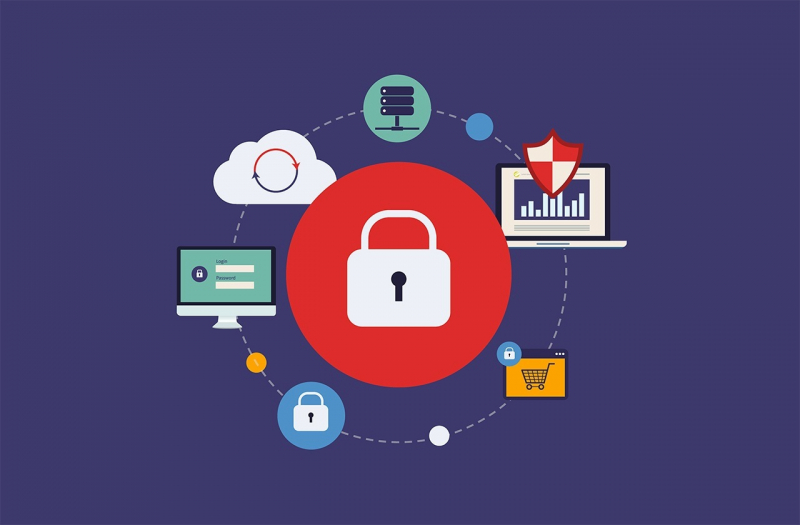If you’re online - and who isn’t these days - you’re drowning in passwords. Your email, your bank, shopping accounts, streaming platforms, work logins, maybe even that login you set up on a whim. Best practice says every single one should be unique and strong: long, random, and impossible to guess. In theory, great. In practice, it feels like trying to memorize the entire phone book.
So how do you stay secure without losing your mind? The answer usually points to password managers. But before trusting one with the keys to your digital life, it’s worth asking: are they safe, and how do you use them without creating a new weak spot?
Why Unique Passwords Actually Matter
It’s tempting to recycle the same password with a few tweaks - “Summer2025!” for one account, “Summer2025!!” for another. The problem is that one leak can snowball. Hackers use credential-stuffing attacks, plugging exposed details into dozens of sites until something works. If you’ve reused, your entire digital footprint is suddenly exposed.
That’s why cybersecurity experts stress randomness. A strong password looks like a nonsense string, but it buys you real protection. The trade-off is obvious: you can’t possibly remember fifty, let alone hundreds, of them. That’s where tools step in.
Password Managers: The Sanity Saver

Password managers are basically vaults that store all your logins behind one master key. They:
- Generate long, random passwords that you’d never dream up yourself.
- Autofill them on websites and apps so you don’t have to type them.
- Sync across devices, so your laptop and phone stay on the same page.
Used well, a password manager solves the “too many to remember” problem instantly. Instead of dozens, maybe hundreds of passwords, you only need to keep one password safe.
Are Password Managers Safe?
Short answer: safer than not using one. Long answer: it depends on your habits.
A password manager is only as strong as its weakest link. If your master password is “123456,” you’ve given hackers the master key. If your phone or laptop is crawling with malware, autofill can be compromised. And yes, even big names in the space have had breaches - LastPass’s incident in 2022 proved that no provider is invincible.
Still, most top managers use zero-knowledge architecture. That means even the company can’t read your passwords. If they’re hacked, your data is still encrypted. Add multi-factor authentication on your vault, and you’ve raised the barrier high enough that attackers usually move on.
How to Use Password Managers Without Shooting Yourself in the Foot
Think of a password manager as a safety net. It works, but only if you don’t poke holes in it yourself:
- Pick a strong master password. Make it long, random, and memorable to you but nobody else.
- Turn on multi-factor authentication. SMS codes are okay, app-based tokens are better, hardware keys are best.
- Update the app regularly. Security patches close the doors before attackers find them.
- Stay alert to phishing. A fake site can still trick you into handing over your credentials if you’re not paying attention.
Done right, a manager is safer than sticky notes, reused logins, or trying to rely on memory.
What If You Don’t Use One?
Without a manager, you’ll fall back on shortcuts: weak passwords, reuse across accounts, writing them down somewhere “safe.” Those are the things attackers count on. It might feel manageable at first, but the volume of passwords can grow out of control pretty fast.
The internet isn’t slowing down, and neither is the list of accounts we need to manage. You could keep struggling with random strings and constant resets, or you could let a password manager carry the load.
Are they perfect? No. Are they the best option we’ve got? Absolutely. Whether it’s your inbox, your bank, or your YYY casino login, putting those details into a well-protected vault means you can actually get on with your life - without turning password management into a full-time job.
Post Comment
Be the first to post comment!





